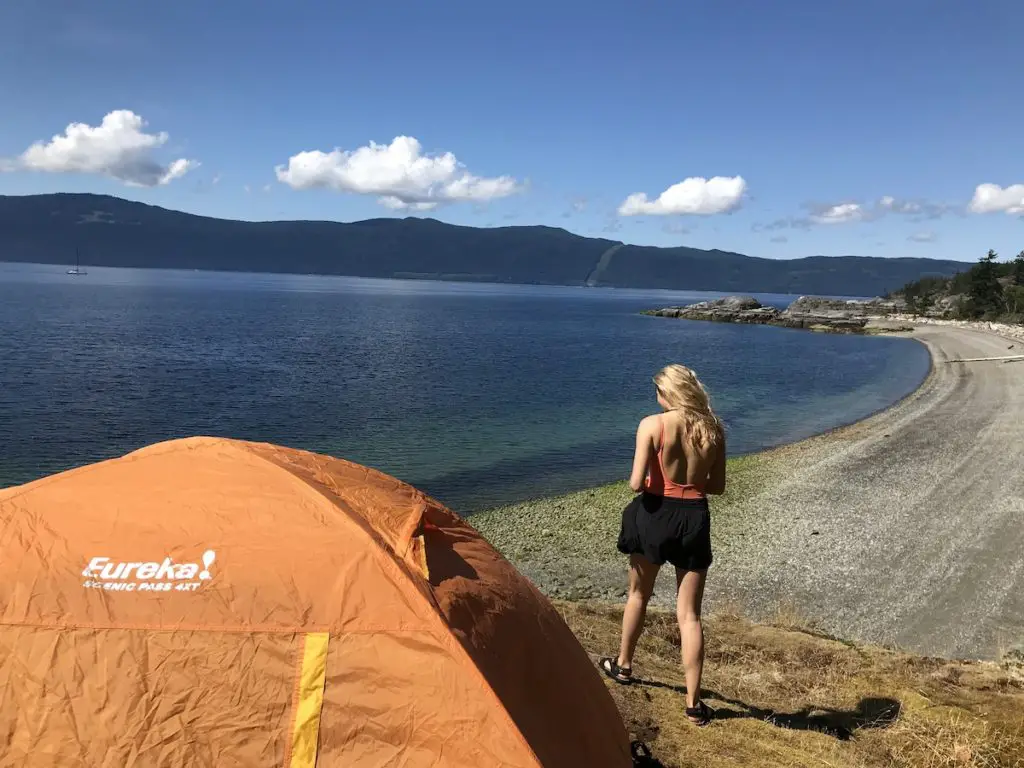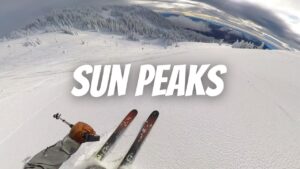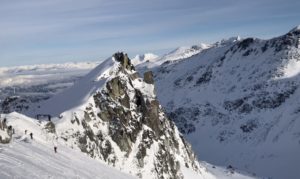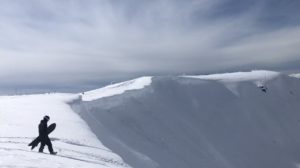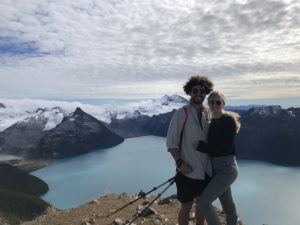Leave no trace is an internationally recognized program that is dedicated to educating and encouraging outdoor recreationalists to make decisions that reduce their impacts on the environment. Whether you live to hike, mountain bike, camp, picnic, snowshoe, hunt, paddle, boat, fish, ski or climb we are all on the same team. We want our children and their grandchildren to enjoy the outdoors and have the same opportunities that we have had. Unfortunately, no outdoor activity is perfect and all outdoor recreation will impact the surrounding ecosystems one way or another. Leave No Trace provides a strong understanding of the impacts our outdoor obsessions have on the environment and offer a framework of thinking and acting that can help reduce, prevent and reverse impacts all together.
Table of Contents
The 7 Principles
The seven principles provide a simple, repeatable framework of minimum impact practices for anyone visiting the outdoors.
1. Plan ahead and prepare
My university baseball coach use to always scream at us, “Proper preparation prevents poor performance.” This loud and often repeated advice on the ball field has directly applied to all aspects of my life, especially when enjoying nature. Planning is of the utmost importance when venturing outdoors and is an integral determinant to whether your trip will be a close memory or a disaster. The first step to being prepared is to have a trip plan. You will need to understand the type of activity you will be doing, the area you will be visiting, wildlife in the area and any rules or other specific concerns that you should be aware of. Always travel with the essentials and your first aid and survival gear . Having a plan and being prepared will keep you, the surrounding area, and the wildlife that inhabits it safe and healthy.
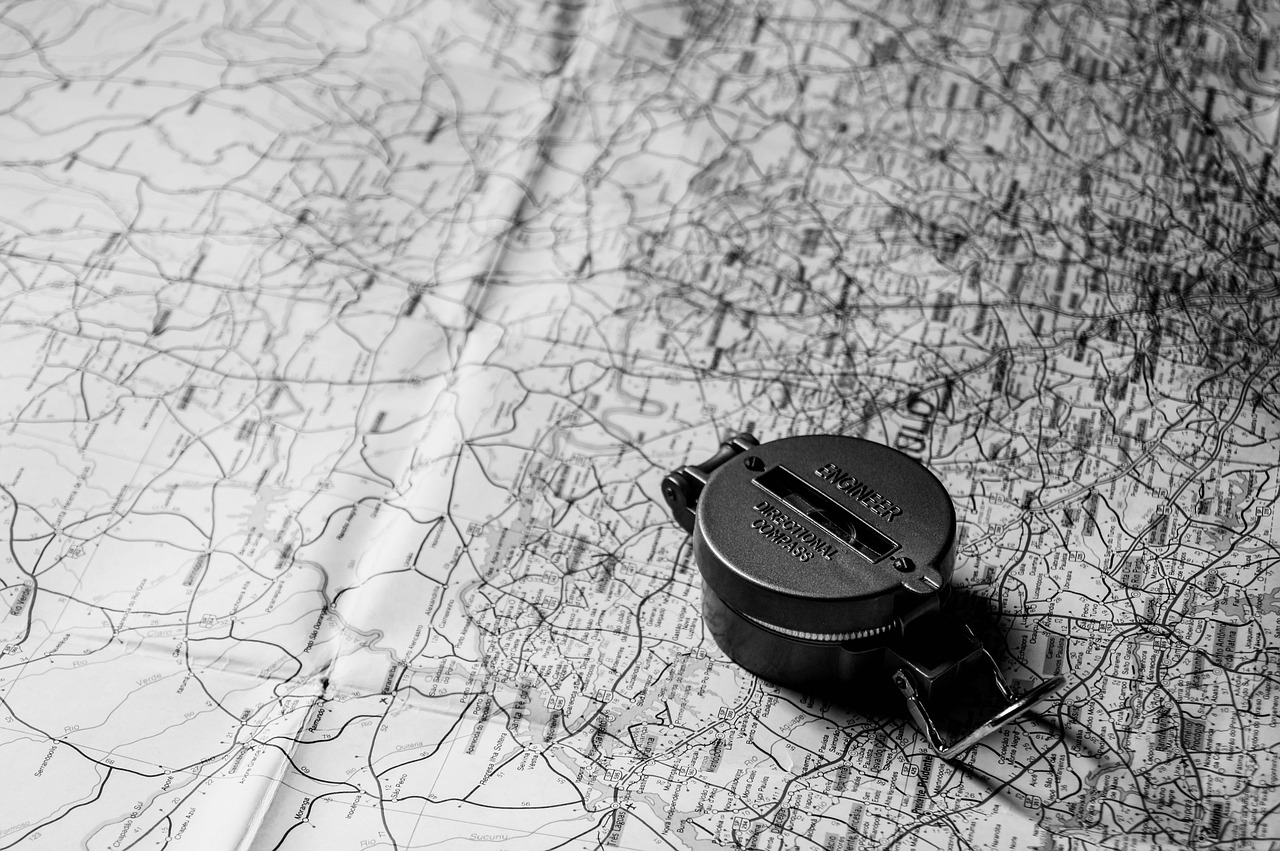
2. Travel and camp on durable surfaces
Do your best to camp on surfaces that have been established by prior users or are more durable like rock, gravel, soil, dry grasses or snow. Keep your campsite around 70m away from lakes or streams to keep them blue and beautiful. Also, keep campsites small, for one time in your life, size doesn’t matter. When you are travelling on marked and established trails, follow them! Do not wander off and be a trailblazer. On popular trails, others may follow your fresh tracks and on a high traffic trail may put the sensitive areas around the trail at risk very quickly. When you are looking for your next camping area remember that the best campsites are discovered, not made.
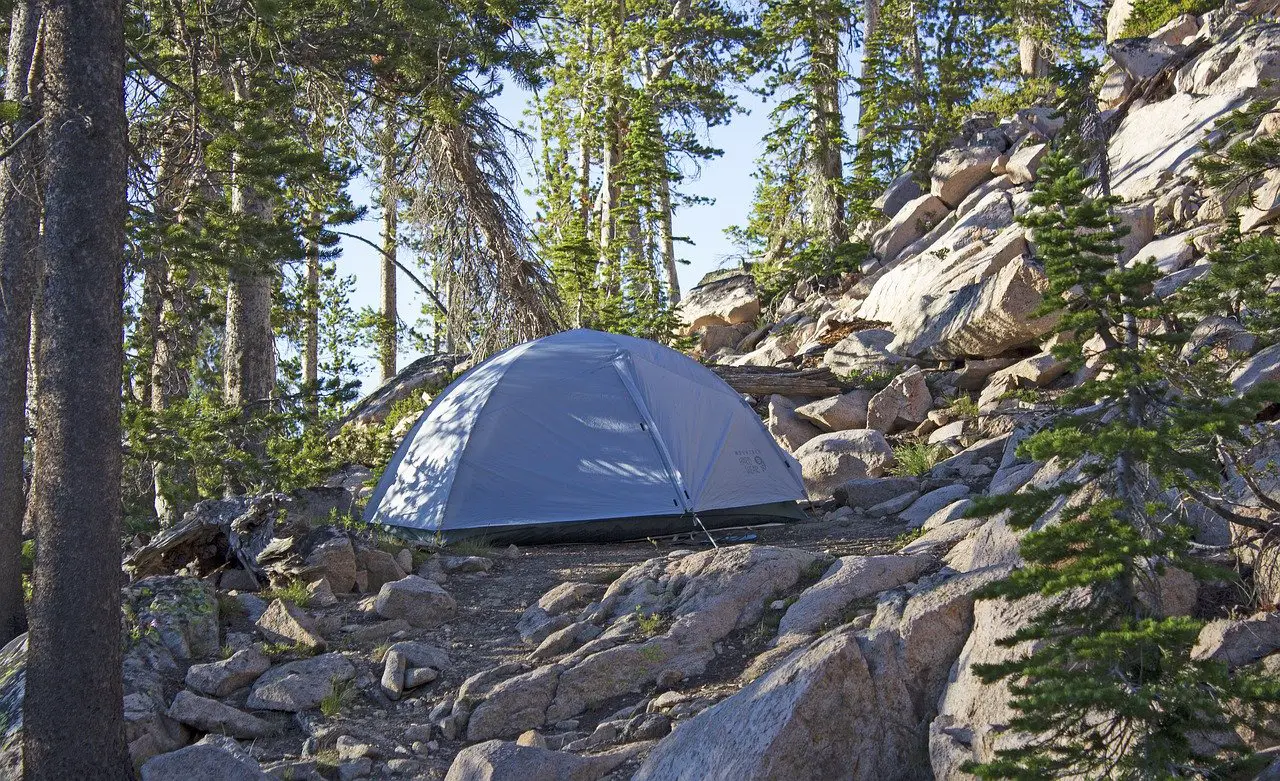
3. Dispose of Waste Properly
This one is simple, if you pack it in, then pack it out. Ensure that you clean all litter, food waste or whatever else you find around your campsite. If you wan’t to be a “trail hero” and have a bit of extra space, pick up any additional waste along the way, we all appreciate you! Ensure that all human waste is expelled into holes 70-100m from any water sources and ensure that your hole is covered. Tripping and falling into a hole sucks. Tripping and falling into a hole of poo really sucks. Don’t be that guy or gal, bury your poop. Always pack out toilet paper and other hygiene products that are not biodegradable.
4. Leave What you Find
Leave beautiful natural, historical or cultural artifacts alone. You can take an amazing picture of that gigantic fallen tree or stump, but don’t go climbing on it for that perfect Instagram shot. A great example of a local natural icon put in danger by an onslaught of hikers and photographers is the renowned North Shores “big cedar” tree. This stunning monstrosity of a cedar tree has been a staple stop along the Kennedy falls hiking trail for as along as anyone can remember. Traffic has increased over time and as more people have become interested in hiking the base of the tree has become more and more eroded. The city of North Vancouver implemented a restoration plan by constructing fencing and encircling the base of the tree with logs and twigs so people cannot ascend the cedar tower or disrupt it. The age old adage, Keep your hands to yourself applies in the wild. You may not realize, but your actions can be damaging these natural, historical or cultural relics and hurting the critters that call it home. Even your average everyday rocks, plants and other natural objects should be left as you found them.
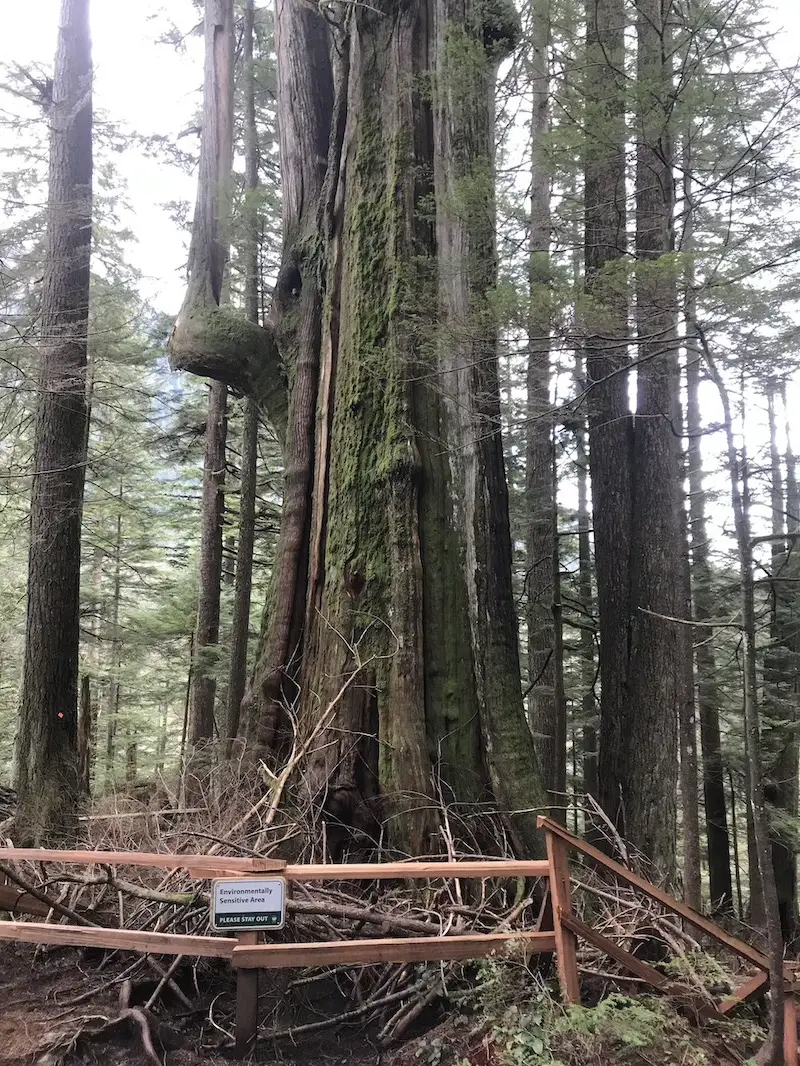
5. Minimize Campfire Impacts
As a youngster I always used to have fires at the local beach. The police, city personnel or fire fighters would occasionally show up and ask me to put it out. I always used to try and challenge them explaining that there was no fire ban or I was close enough to the ocean that it didn’t matter. Don’t be like young me. Follow all regulations and only have fires where and when fires are permitted. It doesn’t matter how close you are to the ocean, or how wet you think the conditions are. If there is a fire ban, follow the rules, you do not want to be responsible for the loss of wildlife and human life. Always have fires in established fire rings, mounds, fire pans, or if you are making your own fire pit look for a spot where a fire has been before. When you are done with your fire, burn that thing to the ground and smother with water and scatter those cool ashes. Don’t burn massive logs half way down, chop wood to an appropriate size that you know will burn through.
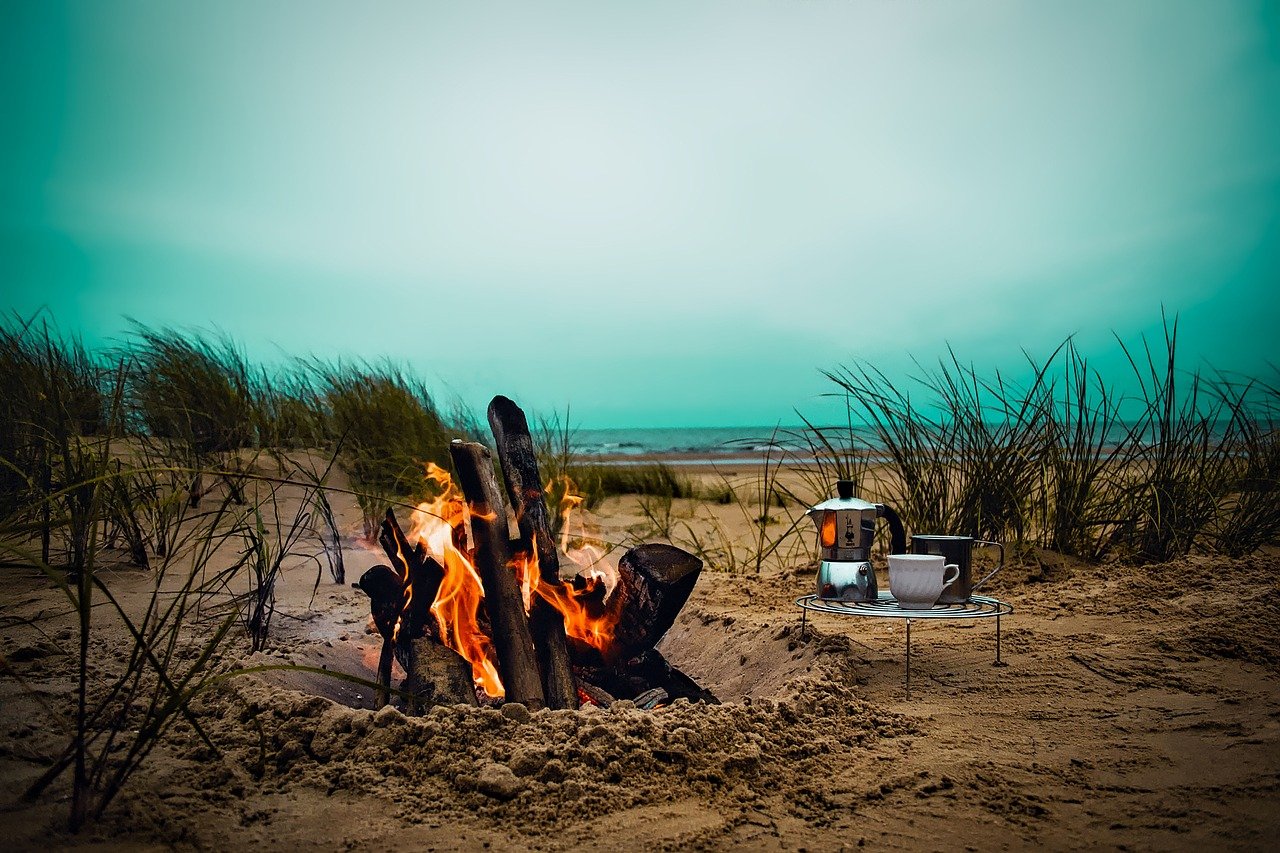
6. Respect Wildlife
Have an understanding of the area you are going and the wildlife you may encounter. Always observe wildlife from a safe distance, do not approach them and for pete’s sake… do not feed any animals. Store food properly, control your pets and make a concerted effort to avoid wildlife during mating season, nesting or when they are raising their young or scavenging for food in the winter times. If you would like to learn more about the types of animals you may come across in the Canadian wild and how to be prevent and be prepared for a negative animal encounter, click here.
7. Be Considerate of others
Treat everyone respectfully. Everyone deserves a quality experience in the outdoors. Be courteous, be social and smile. Some of the coolest people of my life I met while skiing or hiking in the mountains. If someone is bothering you, others, or doing something wrong, then kindly teach them a quick lesson, they may not know any better. Refrain from loud music and wild parties, keep this energy for contained music festival camping. The outdoors isn’t Rockin River music festival, and everyone including the animals don’t need to hear you blasting Big & Rich Save a Horse at two in the morning.
You never want to “low hole” a fellow angler, uphill hiker has the right of way and first person to stand on a wave gets it. All sports whether it’s fishing, hiking or surfing have a code of etiquette. Understand the basic “rules” of the sport you are participating in and ask questions if you are unsure about how to be as considerate as possible. While fishing I run into a lot of old and grumpy people. I find I always seem to have the most luck when I’m positive, kind to others, and bringing the energy up on the river. Help everyone get into vacation mode while they are recreating!
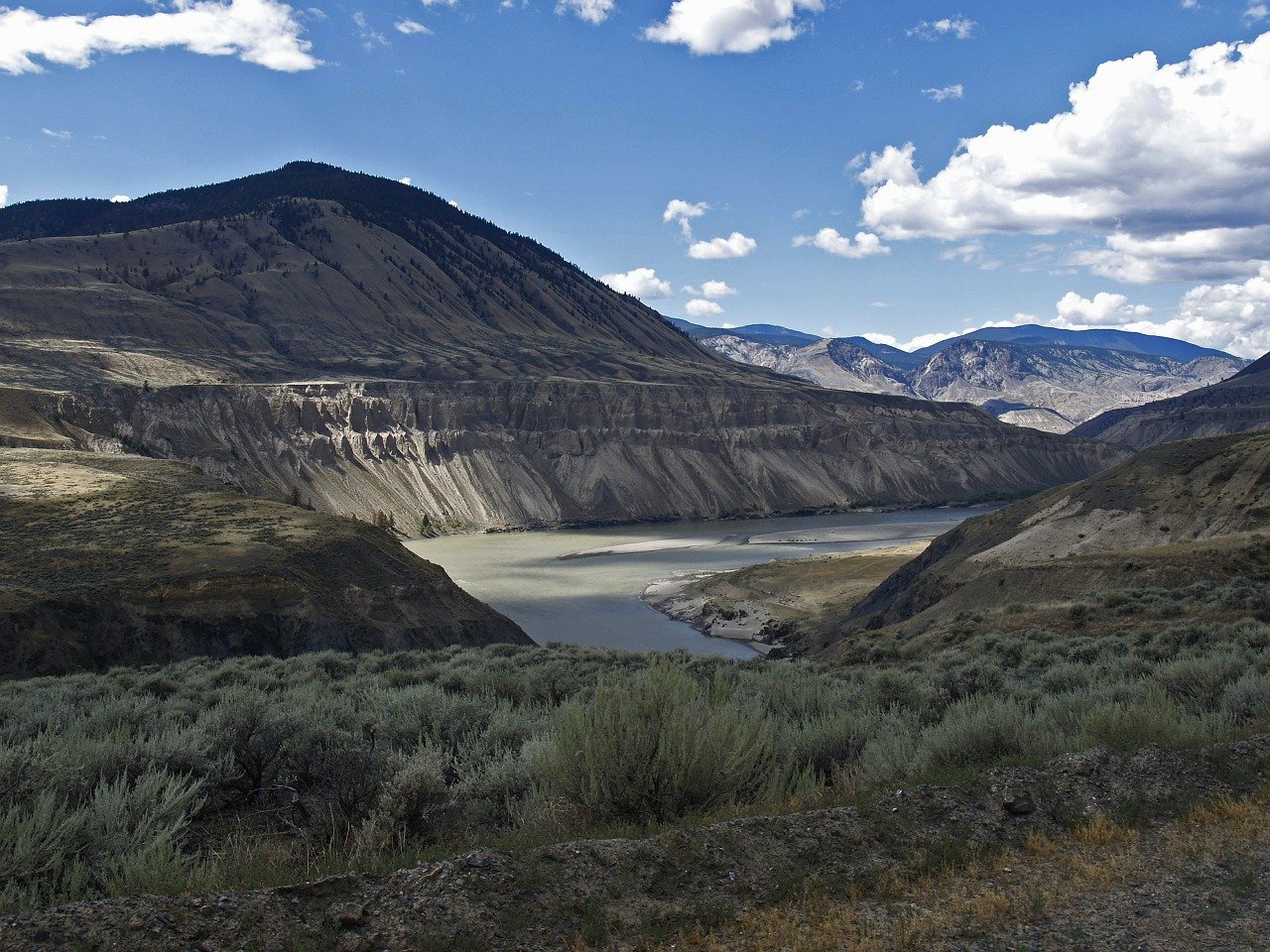
This is not law, and it’s not strictly regulated. It is our duty as outdoors enthusiasts to play our part to practice and spread awareness about ethical environmental practices while recreating and during our day to day lives.
Should there be an 8th Leave No Trace Principle?
Let me know in the comments.

